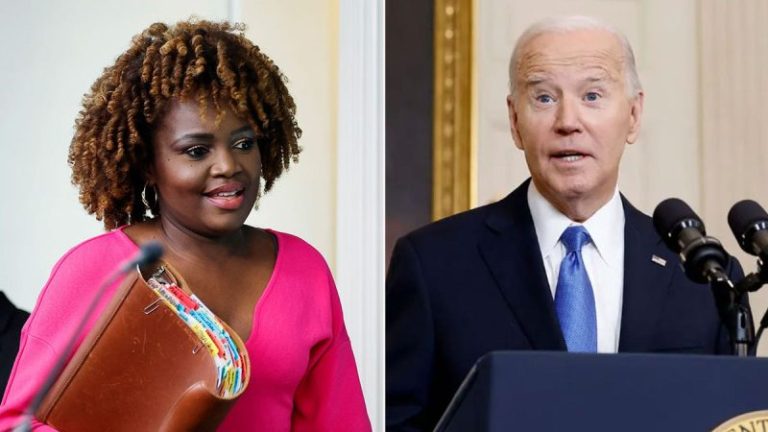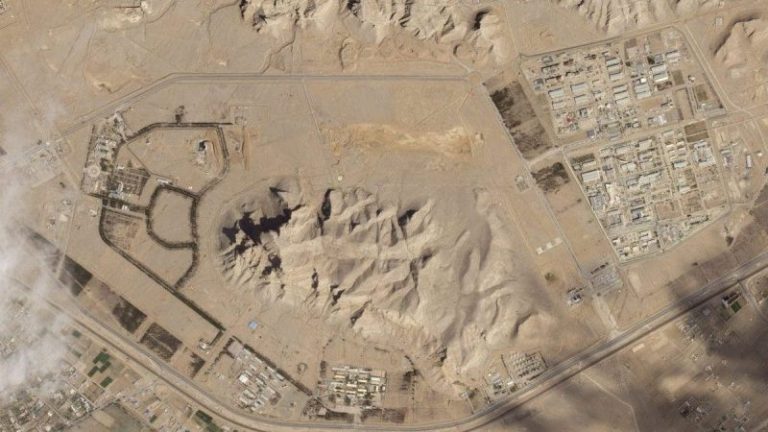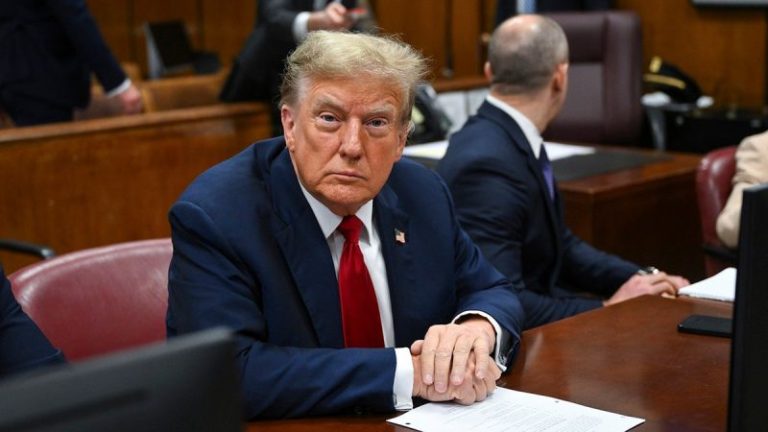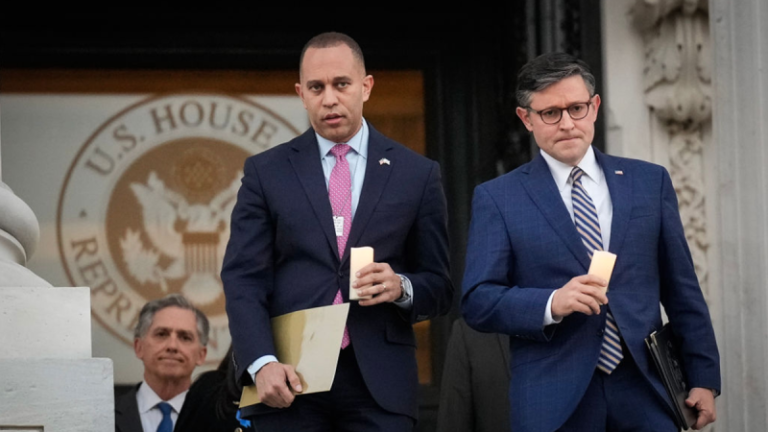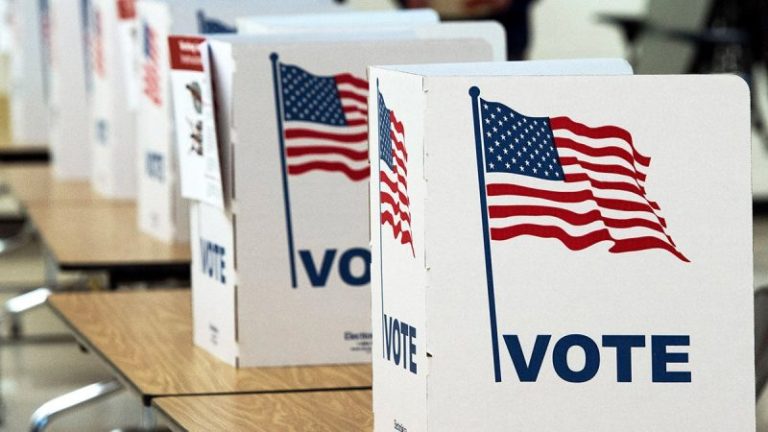White House Press Secretary Karine Jean-Pierre refused to comment on the Biden administration’s response, particularly a lack thereof, escalating tensions in the Middle East during her Friday morning press briefing.
‘I know there’s a lot of interest in reports from the Middle East overnight. And we understand that, we get that. I’m going to see it now, though. I know you will all certainly ask me about it. That we do not have any comment on the reports at this time. Obviously, you all heard from Secretary Blinken earlier this morning,’ Jean-Pierre said.
Jean-Pierre added that President Biden is kept in the loop and up-to-date on everything happening with unrest in the Middle East.
This comes after Israel carried out limited strikes on Iran early Friday in retaliation for Tehran firing a barrage of missiles and drones at Israel last Saturday.
Fox News confirmed there have been explosions in Iran’s Isfahan province, which is where Natanz, one of Iran’s nuclear facilities, is located.
Jean-Pierre said the White House does not want to see conflict escalate in the Middle East.
‘We have been very, very clear from the beginning that we do not want to see this conflict escalate. We continue to consult with our allies and partners, including in the region, obviously, and to reduce further risk of escalation in the region. And that’s a sentiment that was expressed in the G-7 Foreign Ministry’s joint statement that went out this morning,’ Jean-Pierre said. ‘You heard that now, obviously, from Secretary Blinken, who was part of that meeting. I’m just going to be super mindful. I’m not going to speculate or speak to any of the reportings that are out there at this time.’
When asked whether the U.S. was informed by the Israelis ahead of the counter strike, Jean-Pierre still declined to comment.
‘I’m not going to speak to our diplomatic conversations,’ Jean-Pierre stated.
She also declined to answer if the U.S. has leverage in the Middle East after being questioned about President Biden’s response of ‘don’t’ to any Iranian retaliation.
‘I know this is not going to be satisfying. I’m not going to speak to any of the reports out there. I’m just not going to do that, not going to speculate. I will say, you’ve heard this from my NSE colleagues, and you’ve heard this from many of us here at The White House. The president and the prime minister have a long-standing relationship that goes decades, decades,’ Jean-Pierre said.
‘Because of that long-standing relationship, they are able to speak very honestly with each other and have difficult conversations when it’s necessary. That is the type of friendship that they have. I’m just not going to speak to any of the events that’s been reported.’
The United States has denied any involvement in the strike, having pleaded with Israel for days to respond with restraint against Iranian strikes.
Secretary of State Antony Blinken, when asked about Israel’s strikes on Iran on Friday morning, said, ‘I’m not going to speak to that except to say that the United States has not been involved in any offensive operations.’
‘What we’re focused on, what the G7 is focused on, and again, it’s reflected in our statement and in our conversation, is our work to de-escalate tensions, to de-escalate from any potential conflict. You saw Israel on the receiving end of an unprecedented attack,’ he added. ‘But our focus has been on, of course, making sure that Israel can effectively defend itself, but also de-escalating tensions, avoiding conflict.’
Iranian state media has also reportedly downplayed Friday’s strikes, those of which a well-placed military source told Fox News that those strikes were ‘limited.’
‘The explosion this morning in the sky of Isfahan was related to the shooting of air defense systems at a suspicious object that did not cause any damage,’ according to Iranian army commander Gen. Abdolrahim Mousavi in a report by the Associated Press.
A senior Iranian official reportedly told Reuters on Friday that Tehran has no immediate plans to strike back.
Israel and its government have remained relatively quiet leading up to, and following, the retaliatory strike on Iran.
‘Israel will do whatever it needs to defend itself,’ Prime Minister Benjamin Netanyahu said in a statement before the Israeli strike. ‘[Foreign leaders] have all sorts of suggestions and advice. I appreciate that. But I want to be clear: Our decisions we will make ourselves.’
Former Israel Defense Forces spokesman Jonathan Conricus tweeted that following the strike, and while Iran appears to downplay the strike, he ‘think[s] they’ve gotten the message.’
Fox News Digital’s Timothy H.J. Nerozzi, Bradford Betz, Jennifer Griffin, Greg Norman and Elizabeth Pritchett contributed to this report.

